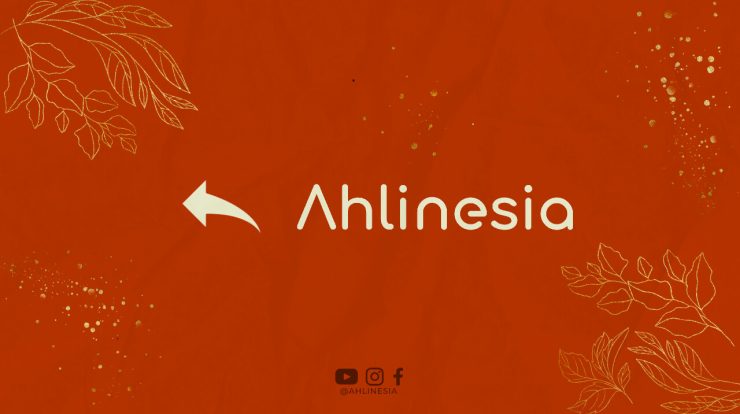
Indigenous Australian Studies is an academic discipline that focuses on the history, culture, and experiences of the Aboriginal and Torres Strait Islander peoples, who are the original inhabitants of Australia. This field of study aims to promote a deeper understanding and appreciation of the rich and diverse Indigenous cultures, as well as the ongoing issues faced by these communities.
The Importance of Indigenous Australian Studies
Indigenous Australian Studies plays a vital role in recognizing and challenging the dominant narratives and misconceptions surrounding the Indigenous peoples. It provides a platform for Indigenous voices, perspectives, and knowledge to be heard and acknowledged, fostering mutual respect and cultural exchange.
By studying Indigenous Australian history, students gain insights into the impacts of colonization, including the dispossession of land, forced removal of children, and the suppression of cultural practices. This knowledge helps to promote reconciliation and contribute to healing processes within Indigenous communities.
The Scope of Indigenous Australian Studies
Indigenous Australian Studies encompasses various disciplines such as history, anthropology, sociology, linguistics, and literature. It examines the diversity of Indigenous cultures, languages, traditions, and oral histories, as well as contemporary issues faced by Indigenous peoples.
This interdisciplinary approach allows for a holistic understanding of Indigenous Australian experiences, enabling students to explore topics like land rights, self-determination, health disparities, education, and social justice.
Collaboration and Community Engagement
Indigenous Australian Studies encourages collaboration between academic institutions and Indigenous communities. This collaboration ensures that research is conducted in an ethical and culturally sensitive manner, with the active involvement and input of community members.
Engaging with Indigenous communities also provides students with opportunities for hands-on learning experiences, such as participating in cultural activities, attending community events, and undertaking fieldwork. These experiences enhance students’ understanding of Indigenous cultures and foster respectful relationships.
Indigenous Australian Studies in Practice
Indigenous Australian Studies is taught at universities and colleges across Australia, with some institutions offering dedicated Indigenous Australian Studies programs or majors. Courses within this field cover a wide range of topics, including Indigenous history, art, music, language, politics, and activism.
Students studying Indigenous Australian Studies are encouraged to critically analyze historical and contemporary issues, challenge stereotypes, and contribute to ongoing discussions about Indigenous rights and social justice.
Benefits of Studying Indigenous Australian Studies
Studying Indigenous Australian Studies offers a range of personal and professional benefits. It allows individuals to gain a deeper understanding of Australia’s history and cultural diversity, fostering respect and appreciation for Indigenous cultures.
Professionally, a background in Indigenous Australian Studies can lead to career opportunities in various fields, such as government, education, community development, social work, research, and advocacy. Employers increasingly value individuals with cross-cultural competence and an understanding of Indigenous perspectives.
Conclusion
Indigenous Australian Studies is a crucial academic discipline that seeks to rectify the historical neglect of Indigenous voices and experiences. By studying this field, students gain a comprehensive understanding of the history, culture, and ongoing struggles faced by Aboriginal and Torres Strait Islander peoples.
This knowledge fosters respect, reconciliation, and social change, contributing to a more inclusive and equitable society. Through collaboration and community engagement, Indigenous Australian Studies empowers Indigenous communities, challenges stereotypes, and promotes cultural exchange, ultimately leading to a brighter future for all Australians.






